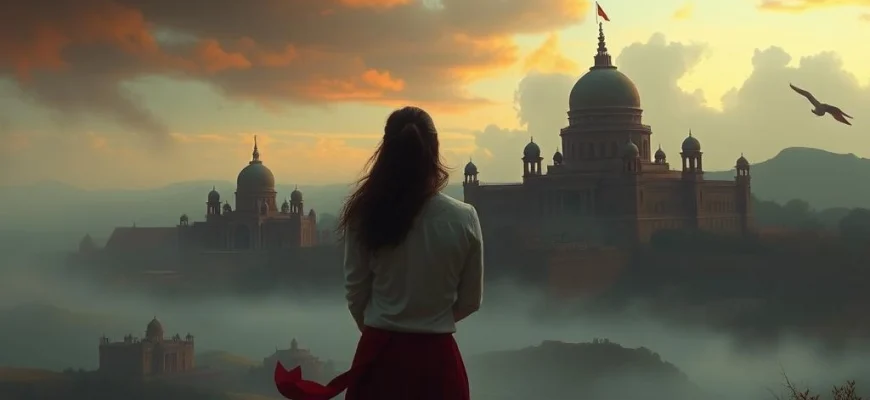If you loved the sweeping romance and historical drama of 'Doctor Zhivago' (2002), you're in for a treat. This article explores 10 similar movies and shows that capture the same epic storytelling, emotional depth, and breathtaking visuals. Whether you're drawn to grand love stories set against turbulent backdrops or rich period dramas, these recommendations will satisfy your craving for more cinematic masterpieces.
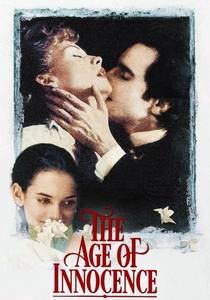
The Age of Innocence (1993)
Description: A lush period drama that delves into the rigid social codes of 19th-century New York high society, focusing on a love triangle and the sacrifices made for propriety.
Fact: Martin Scorsese directed this film, marking a departure from his usual gritty urban dramas. The costumes were meticulously researched to reflect the fashion of the 1870s.
 Watch Now
Watch Now 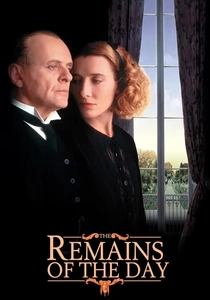
The Remains of the Day (1993)
Description: A deeply moving story of unspoken love and duty, set against the backdrop of a fading aristocratic world, with a restrained yet powerful emotional tone.
Fact: The film was adapted from Kazuo Ishiguro's Booker Prize-winning novel. Many scenes were shot at Dyrham Park, a historic country house in England.
 Watch Now
Watch Now 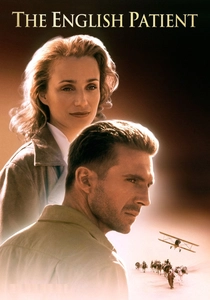
The English Patient (1996)
Description: A sweeping romantic epic set against the backdrop of war, featuring complex characters and a deeply emotional narrative that explores love, loss, and memory.
Fact: The film won nine Academy Awards, including Best Picture and Best Director. The desert scenes were shot in Tunisia, the same location used for Star Wars.
 Watch Now
Watch Now 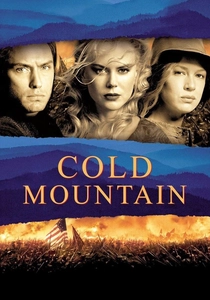
Cold Mountain (2003)
Description: A sweeping historical romance set during the Civil War, featuring a journey of love and survival amidst the chaos of war and societal upheaval.
Fact: The film's soundtrack features traditional Appalachian music, including a performance by Alison Krauss. Many scenes were shot in Romania, standing in for the American South.
 Watch Now
Watch Now 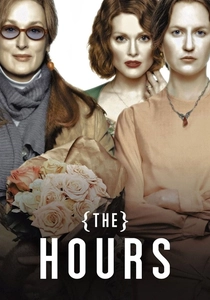
The Hours (2002)
Description: An interwoven narrative that explores the lives of three women across different time periods, all connected by a famous novel, with themes of longing, identity, and despair.
Fact: The film features a score by Philip Glass, which became iconic. The story is inspired by Virginia Woolf's novel 'Mrs. Dalloway,' and Woolf is a character in the film.
 Watch Now
Watch Now 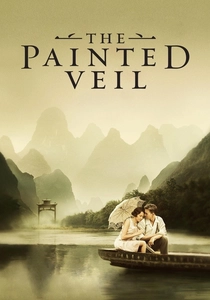
The Painted Veil (2006)
Description: A story of personal redemption and love set in a remote, exotic location, featuring a troubled marriage and themes of self-discovery and sacrifice.
Fact: The film was shot on location in China, including the Guangxi province, known for its stunning karst landscapes. The novel it's based on was written in 1925 by W. Somerset Maugham.
 Watch Now
Watch Now 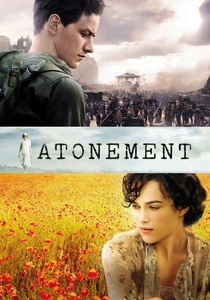
Atonement (2007)
Description: A poignant tale of love and betrayal set in the early 20th century, with lush cinematography and a narrative that spans decades, focusing on the consequences of a single lie.
Fact: The famous five-minute tracking shot on Dunkirk beach was filmed in one take and required over 1,000 extras. The typewriter's sound in the film was created by a composer to match the rhythm of the music.
 Watch Now
Watch Now 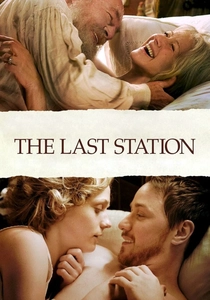
The Last Station (2009)
Description: A biographical drama that explores the final years of a famous writer, focusing on his tumultuous personal life and the conflict between love and ideology.
Fact: The film is based on the last days of Leo Tolstoy. The screenplay was adapted from a novel by Jay Parini, who also makes a cameo in the film.
 Watch Now
Watch Now 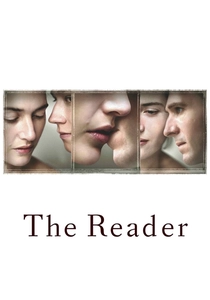
The Reader (2008)
Description: A haunting story of love, guilt, and redemption, set in post-war Germany, with a narrative that spans several decades and explores moral complexities.
Fact: The film was based on the bestselling novel by Bernhard Schlink. Kate Winslet learned to speak German for her role and performed many of her lines in the language.
 Watch Now
Watch Now 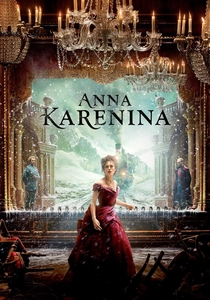
Anna Karenina (2012)
Description: A visually stunning adaptation of a classic novel, exploring themes of forbidden love, societal constraints, and personal tragedy in 19th-century Russia.
Fact: The film was shot almost entirely on a single soundstage, with sets designed to resemble a theater. Director Joe Wright used this approach to emphasize the performative nature of high society.
 Watch Now
Watch Now 
